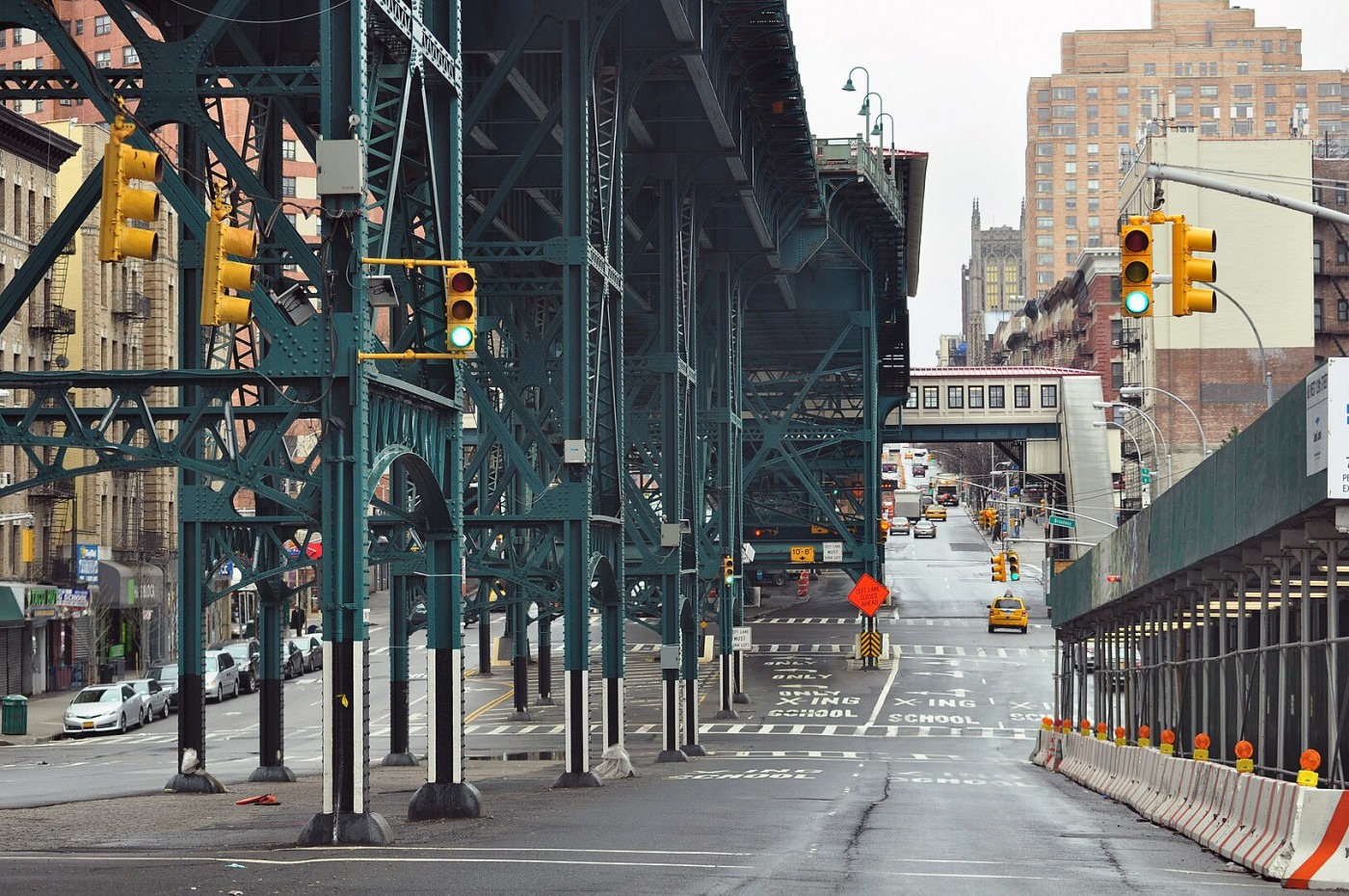The fight for environmental equity: the disproportionate impact of climate change on African Americans
The climate catastrophe is worse than ever. In the twenty-first century, there is no doubt that global warming is threatening the world’s ecosystem, and America is statistically the most responsible for producing these emissions. Yet, its implications on African Americans, in particular, are surging drastically.
Environmental racism is very much alive and is intrinsically linked to black communities in the U.S. Comparatively, African Americans are facing the dire consequences of climate change more than white communities, especially if they are from lower-income backgrounds. Generally, environmental racism is side-lined in conversations surrounding the climate crisis. Yet, to understand how deeply rooted it is in society, we must first unpack the term itself.
Racial disparities have historically been consistent, and they continue to permeate current social conditions. Climate change is often perceived as having universal implications – it is, however, not this simple. People need to be more aware of the social repercussions that global warming has, proving why it’s necessary to discuss the climate crisis with regard to racial inequality, as the two aren’t mutually exclusive.
African American communities have routinely been erased from the climate discourse
As Renee Salas aptly puts it, environmental racism includes the “use of racist practices in determining which communities receive health-protective infrastructure.” Often, black communities face the direct consequences of climate change, and when raising the issues that consistently occur in deprived areas, they fail to receive adequate infrastructure. The oppression and enslavement of African Americans throughout history, as well as systems of white supremacy entrenched in decision-making, have all contributed significantly to this. Exclusion of black communities has been historically evident, and by expelling them from social dynamics, they are now the primary victims of the social conditions previously inflicted on them.
Although African American communities have routinely been erased from the climate discourse, the ramifications of this are proving to be excessively disproportionate. Just recently, residents living in Hartford’s North End, Connecticut, confronted local councils and political organisations to help aid the sewage flooding occurring within the area. Ethnic minorities living within the region continue to express their frustrations to no avail.
Exposure to air pollutants and trapped urban heat has detrimental impacts on their health
Governments express reluctance in improving these areas due to high costs, despite the dangers faced by black citizens. In such cases, black working-class communities may suffer more from a variety of health issues. Illnesses and diseases, such as cancer and lung disease, are becoming more prevalent among these populations owing to a lack of medical resources and facilities. In particular, African Americans coming from a low socio-economic background may reside in under-resourced neighbourhoods where exposure to air pollutants and trapped urban heat has detrimental impacts on their health. Cancer and asthma have both become increasingly more common among black communities, and black women also face the risks of miscarriages or premature labour. Ultimately, environmental racism is inextricably tied to racism in the healthcare system, as even when African Americans appear to have such illnesses or difficult births, diagnoses and treatment can be altogether dismissed or neglected.
This only serves to highlight how black lives remain undervalued. Harlem’s African American community is a prime case of the effects of environmental racism. Temperatures in New York City have risen significantly in the last year, and yet it has risen sharply more in Harlem than in other neighbourhoods. Historically, in the mid-20th century, Harlem was primarily populated by black Americans and served as a centre for black cultural expression. We are still seeing black culture at the forefront in the twenty-first century, despite an increase in gentrification. The only difference is that these populations are suffering considerably more and are now bearing the impacts of global warming.
Black communities in this neighbourhood continue to suffer as industries and cooperatives rely on Harlem for polluting sites and toxic waste dumps, making such populations directly exposed. This alone demonstrates why environmental racism is a by-product of capitalism, as mainstream brands and businesses target these specific areas while dismissing black lives.
With the effects of climate change wreaking havoc in impoverished areas, black citizens are denied adequate infrastructure and forced to live in overcrowded areas with inadequate housing, sanitation, and drinking water. Once we understand how racism transcends state policies on climate change, we can begin to shift the course of discussions about environmental solutions so that all racial groups on this planet are unaffected. Harming the environment only serves to harm us.

Comments